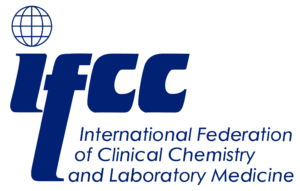Objective
The rise in the development of monoclonal antibodies has brought about a revolution in the pharmacotherapy of inflammatory bowel disease (Crohn’s disease and ulcerative colitis). Systematic plasma concentrations monitoring of these biological drugs in anticipation of potential clinical failures of treatment is known as proactive therapeutic drug monitoring. New pharmacogenetic analysis techniques have recently been developed that can predict response to these treatments even before they are administered. The goal of this systematic review is to analyze the potential benefits of proactive therapeutic drug monitoring and of the harmacogenetic analysis of biological drugs in inflammatory bowel disease patients in terms of clinical remission.
Method
A systematic search was performed in the MEDLINE/Pubmed, Embase and Cochrane Library databases using the escriptors proactive drug monitoring, biological drugs, inflammatory bowel disease and pharmacogenetics. Only randomized clinical trials published between January 2015 and May 2021 were included; all articles whose main topic was not related to the topic were excluded by hand. The quality of the articles was assessed using the Jadad scale and risk of bias was assessed using the Cochrane Collaboration tool.
Results
After applying inclusion and exclusion criteria, seven of the 228 retrieved articles were selected for review. Almost all the studies measured the same clinical variables (Harvey-Bradshaw index for Crohn’s disease and Mayo score for ulcerative colitis). Only in two of the included studies was proactive therapeutic drug monitoring superior to reactive monitoring- or no level-guided dose adjustments. No pharmacogenetic analyses were found that met the criteria defined. Conclusions: This review shows that the data supporting the use of proactive therapeutic drug monitoring in inflammatory bowel disease is limited and of low quality. Although pharmacogenetic analysis can be a useful tool for personalizing treatment, further and better designed randomized clinical trials are needed to determine the role of proactive drug monitoring strategies in clinical practice.

